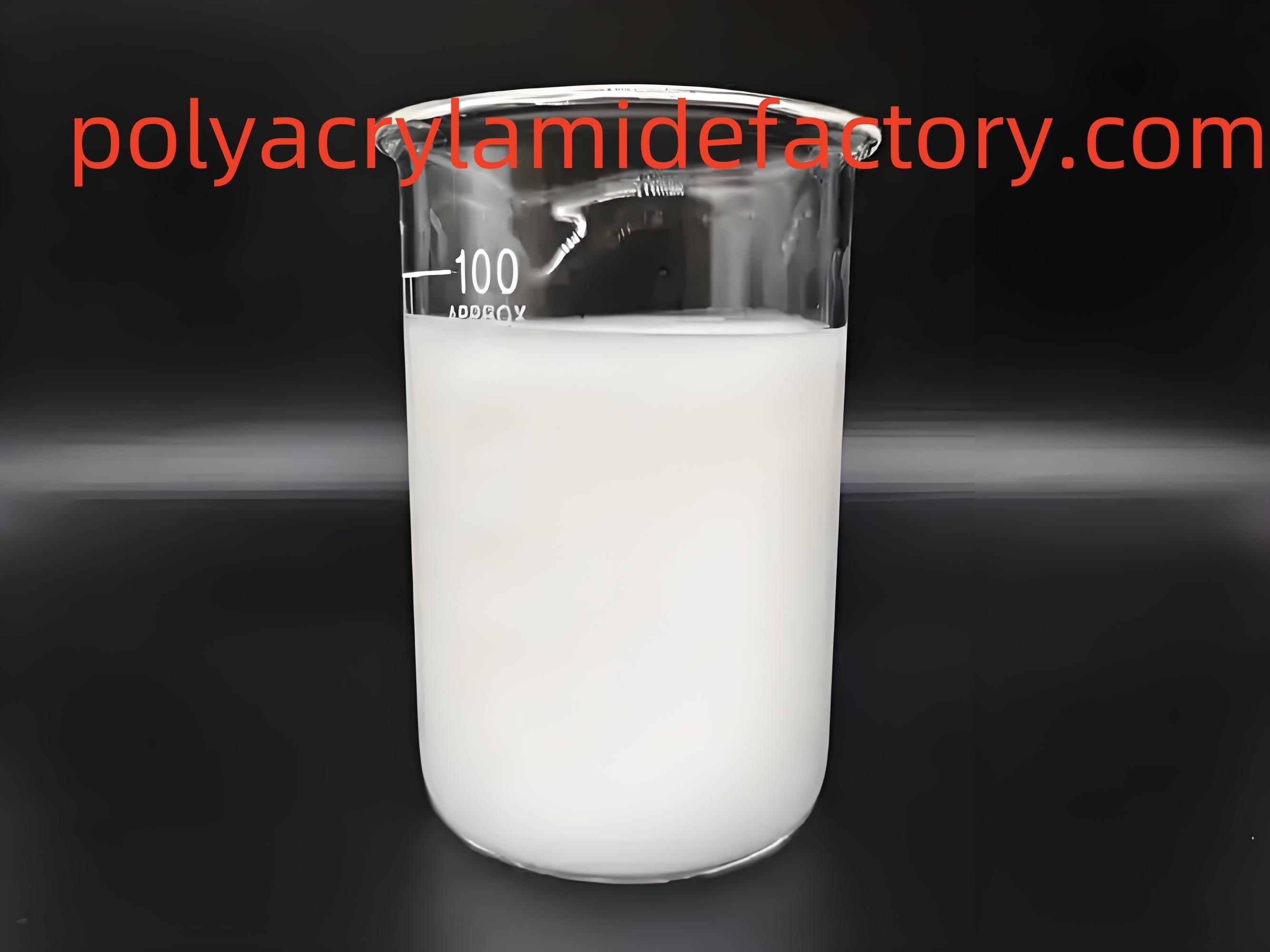Application of Polyacrylamide in Recycled Paper Deinking and Retention
Recycling paper is one of the most sustainable practices in modern manufacturing, but it comes with technical challenges—especially when it comes to ink removal and maintaining fiber retention. papermaking polyacryalmide plays a crucial role in addressing both problems by improving process efficiency and product quality in recycled paper production.
How Polyacrylamide Supports Deinking
During the deinking process, removing ink particles from used fibers requires efficient flotation and chemical treatment. Polyacrylamide enhances this by:
Binding fine ink particles together through flocculation
Promoting faster ink removal during flotation or washing
Reducing ink redeposition and improving fiber cleanliness
Improved Retention in Recycled Pulp
Recycled pulp typically contains shorter fibers and fewer fines, making it harder to retain essential components. Papermaking polyacrylamide improves retention by:
Bridging short fibers and fillers to reduce loss
Enhancing sheet formation and drainage
Increasing yield and reducing chemical consumption
Benefits at a Glance
| Function | Benefit |
| Ink Removal | Improved deinking efficiency |
| Filler Retention | Reduced material loss and improved cost control |
| Drainage | Faster water removal for higher machine speed |
| Sheet Quality | Better paper formation and surface appearance |
Choose a Partner That Supports Sustainable Recycling
Polyacrylamidefactory provides tailored [url=https://www.polyacrylamidefactory.com/news/industry-news/what-is-papermaking-polyacrylamide-and-how-is-it-used-in-the-papermaking-process.html]papermaking polyacryalmide[/url] solutions specifically formulated for recycled fiber applications. Whether you’re running flotation deinking systems or high-speed tissue lines, our technical expertise and factory-direct supply help you stay efficient and competitive. Learn more: https://www.Polyacrylamidefactory.com/news/industry-news/how-does-hengfeng-anionic-polyacrylamide-emulsion-work.html



